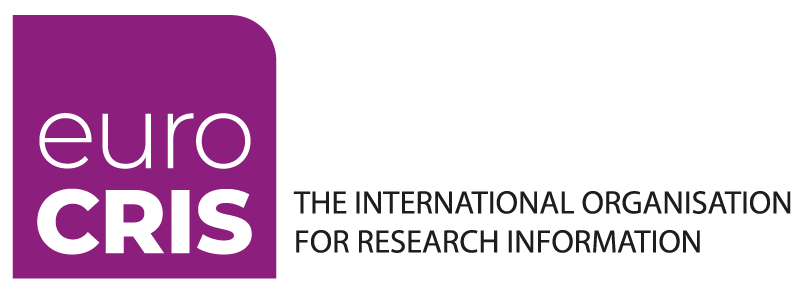Best Practice/DRIS
The Task Group Best Practice / DRIS connects actors in CRIS and research e-infrastructure development for getting mutual benefits. Aims of the Task Group are:
(a) To record cases of modern practice in developing and using CRISs, including CERIF usage, symbiosis with open access repositories, approaches to connect CRISs with research e-infrastructure, building of data and information spaces (DIS) over integrated CRISs content, and other CRIS-related innovations;
(b) To propagate recorded best practices and assist CRIS developers and users in implementing advanced concepts, design and tools.
- We are collecting CRIS-CERIF best practice materials. As an input for this activity we use recommendations and contributions from other euroCRIS task groups and euroCRIS members. At the output we plan to provide a repository of Best Practice materials which are publicly available at the euroCRIS web site.
We are mapping European research information systems (RIS) and CERIF-related successful implementations in a Directory of Research Information Systems (DRIS). DRIS data in connection with the Best Practice materials can help RIS developers to have a picture of possible benefits from moving on the CRIS-CERIF platform.
Survey on institutional CRIS system (plus repository) implementation.
In this respect a survey for collecting information on institutional CRIS systems across Europe was launched on Apr 7th. 2015. This survey, which also covers institutional repositories, was prepared in the previous weeks by a joint euroCRIS/EUNIS team including Michelle Mennielli (EUNIS and euroCRIS), Ligia Ribeiro (EUNIS) and Pablo de Castro (euroCRIS). The survey, available at https://inqueritos.up.pt/limesurvey/index.php/727886/lang-en, has already collected over 60 responses from many different countries, many of them from French and Italian institutions after the invitation to provide information was further distributed via local mailing lists in both countries. The results of the survey will be presented at the EUNIS 2015 conference in Dundee next June and will also provide a very useful source of information for extending the DRIS coverage.This EUNIS/euroCRIS survey on institutional CRIS implementation may overlap with similar initiatives carried out at national level in countries like The Netherlands and the UK. If it were possible to establish a collaboration with the national units in charge of this work (SURF, the Jisc), this could provide a useful best practice for its potential application in additional countries. This survey has in fact arisen from a previous collaboration between FCT, Universidade do Porto and euroCRIS for putting out a Portuguese CRIS survey .DRIS transfer to the DSpace-CRIS repository
Following the release of the new euroCRIS site, the Directory of Research Information Systems (DRIS) has been transferred to the upgraded DSpace-CRIS platform, where it will become an additional relevant feature to the collection of euroCRIS scholarly outputs that are hosted in the platform. For the moment, the information transferred to the “new” DRIS is the same that the “old” one had, but this will soon be much expanded once the responses to the above-mentioned EUNIS/euroCRIS survey start being brought into the database.We are monitoring important changes into practice of research information system design and implementation. Currently we are discussing approaches how to organize a circulation and re-use of RIS artifacts outside of the parent research information system.
We look for connecting professionals who run or build advanced research information systems, global scientific data and information space (DIS), modern virtual research environment (VRE) and e-infrastructure to improve research practice by providing a technology necessary for e-Science, Open Science and other initiatives of the scientific community


